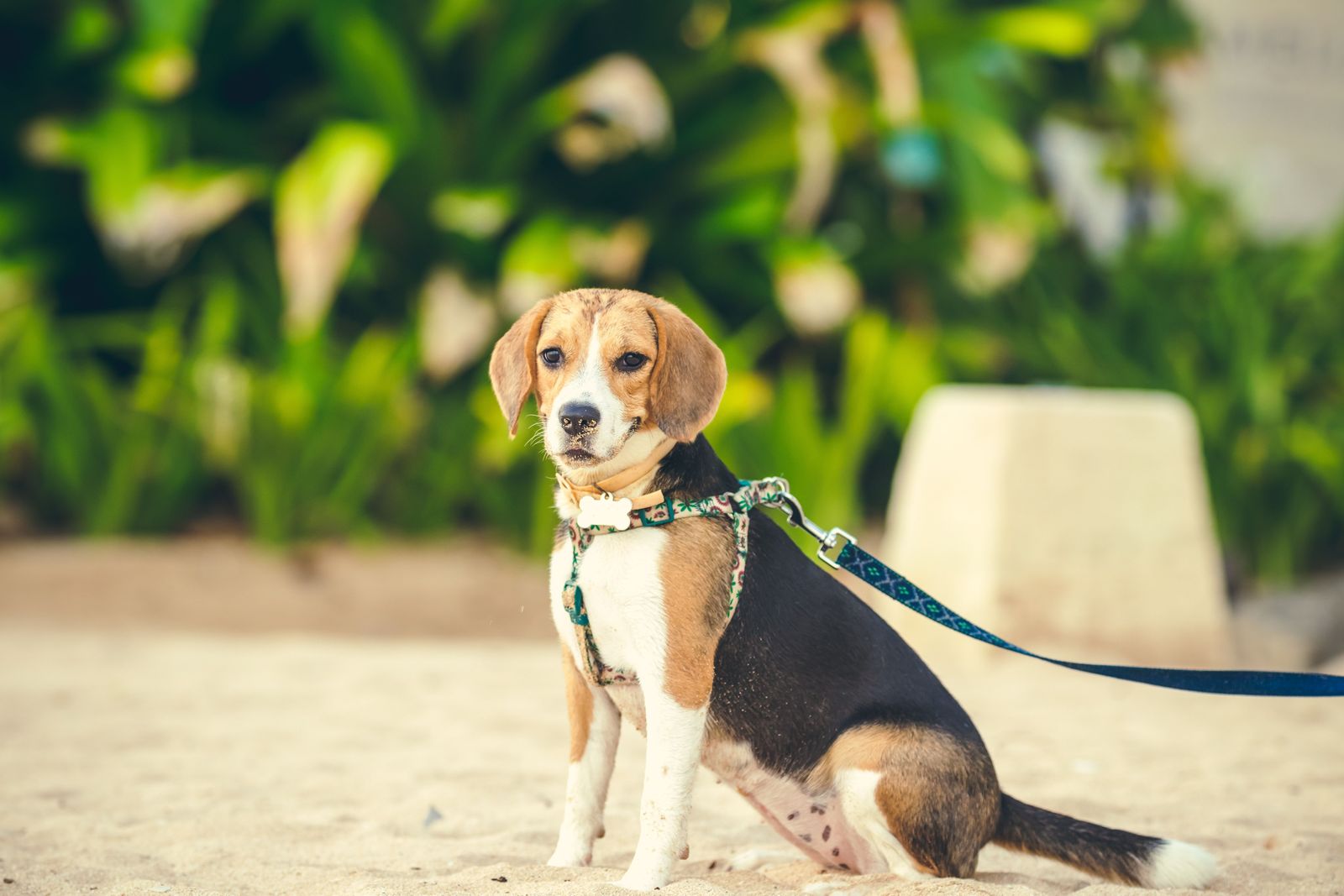Ensuring your pet's comfort and safety while traveling

As the weather starts to warm and our COVID-19 quarantine itches persist, we are all at a point where we want to get out with our pets to see a few new sights or visit some old friends and family. As we start to stretch our legs a bit, it will be helpful to remember a few tips to keep our fur babies safe and comfortable during any journey!
It should go without saying that when you head out with your pets, they should have identification on them! No one wishes for their pet to get lost on the road, but unfortunately, it does happen. Make sure that they have leashes and collars with identifying tags attached securely, and that your contact information is current. Microchips are another wonderful, permanent, backup plan to increase the chance of bringing your pet home if separated from you. A good practice is to periodically confirm with your pet's microchip provider that your registration and contact information is up to date to ensure a positive outcome.
Planning a few strategic stops during your journey can be helpful for a few reasons. Knowing safe places along the way where everyone can enjoy a bathroom break and stretch of the legs can take some urgency out of the travel. Never leave a pet inside a closed vehicle unattended. Know that doing so for even a few minutes can be deadly as temperatures inside a car can elevate extremely rapidly even on cooler days! Bringing a travel-friendly water bowl and extra water, as well as a few snacks (treats, kibble, etc.) to enjoy during stops are often appreciated. Packing a "Pet First Aid" kit and taking note of emergency veterinary facilities located along your route can also be a valuable resource if an unexpected health concern arises. Ensuring you've created a Vetster profile to access a veterinary professional virtually if needed, will also add peace of mind. Finally, if you are staying at a hotel or hostel on your way, confirming in advance that pets are welcome will help avoid unexpected headaches!
Some pre-trip planning prior to departure will also ensure your pet's comfort and health during the journey. Before you head out, prioritizing preventative care for travel by ensuring vaccinations are all up to date as well as parasite (flea/tick/heartworm) prevention is on board! If you have concerns about travel anxiety or nausea, consider a pre-travel consultation with a veterinarian to discuss potential medication options that could be dispensed that can help to manage many symptoms, and improve your pet’s travel experience. If you do plan on medicating your pet for a trip, it is always a good idea to do a trial-run with medication before your actual adventure to have the opportunity for you to appreciate how your pet responds, and give you time to “tweak” dosing, if necessary, prior to the actual adventure. Lastly, in-vehicle safety can be maximized for all passengers by securing your pet for transportation with pet seat belts within a pet kennel.
Although this article is directed more at road travel, many of the concepts transfer to other modes of transportation which may dictate additional needs (ie. health certificates, etc). Regardless, a little advanced planning can improve the comfort and safety of both you and your pets as you hit the road! Happy trails (and tails) to you all!










